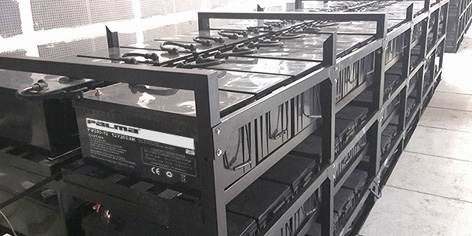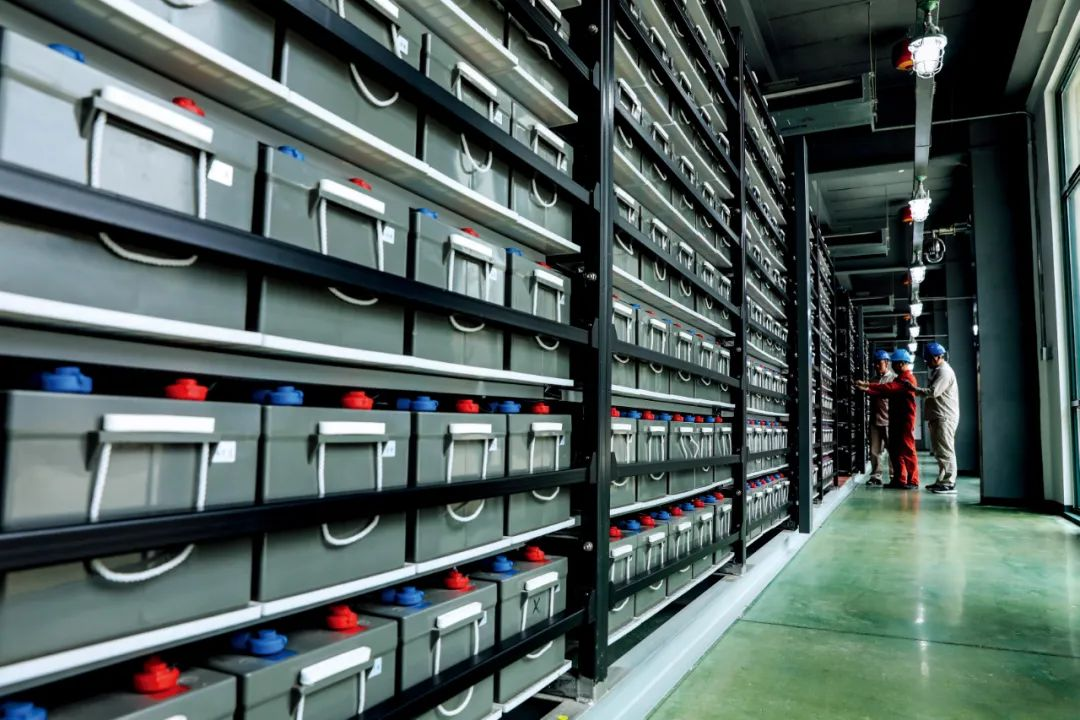The Secret of UPS Power Batteries: Why Lead-Acid Batteries Still Dominate
In modern society, electricity has become an indispensable part of life and work. However, the instability of power supply often causes us problems, especially in critical areas such as enterprise data centers, medical facilities, financial institutions, etc., where the continuity and stability of power supply is particularly important. In this context, UPS (uninterruptible power supply) came into being and has become an important equipment to ensure the stability of power supply. As its core component, the choice of UPS power battery is related to the reliability and safety of the entire system. Today, let's explore why lead-acid batteries still occupy the mainstream position of UPS power batteries among many battery technologies.battery technologies.

The working principle of a UPS power supply is fairly straightforward and efficient. When the mains power supply is normal, the UPS power supply will be used as a voltage regulator, and the mains power supply will be supplied to the load after voltage stabilization, and the UPS power supply at this time is an AC mains voltage regulator, and it also charges the battery in the machine; When the mains power is interrupted (accidental power outage), the UPS power supply will immediately convert the DC energy of the battery into alternating current through the inverter circuit to continue to supply power to the load, so that the load can maintain normal operation and protect the load software and hardware from damage. In this process, the performance of the UPS power battery is directly related to the power supply time and stability of the UPS.
Among the many battery technologies available, lead-acid batteries are preferred due to their unique advantages. First of all, lead-acid batteries have a high energy density and a long service life, which means that it is able to store more electrical energy at the same volume and weight, and still maintain high performance after multiple charge-discharge cycles. Secondly, the technology of lead-acid batteries is mature, the production process is stable, and the cost is relatively low, which is also one of the important reasons for its wide application.

The performance of lead-acid batteries in terms of safety is even more prominent. Its structural design is reasonable, the internal chemical reaction is stable, and it is not easy to cause safety accidents such as leakage and explosion. In addition, lead-acid batteries generate relatively little heat during use and are easy to dissipate, which further improves the safety of their use. In the application scenario of UPS power supply, safety is of paramount importance, because any unexpected accident may lead to the downtime of critical equipment, causing immeasurable losses.
To sum up, lead-acid batteries occupy a dominant position in the field of UPS power batteries with their excellent performance, mature technology and excellent safety. Of course, with the continuous progress of science and technology, new battery technology is also emerging, but lead-acid batteries are still the first choice for UPS power batteries with their stable and reliable performance. In the future, we have reason to believe that lead-acid batteries will continue to play an important role in providing stable and safe power guarantee for our life and work.

